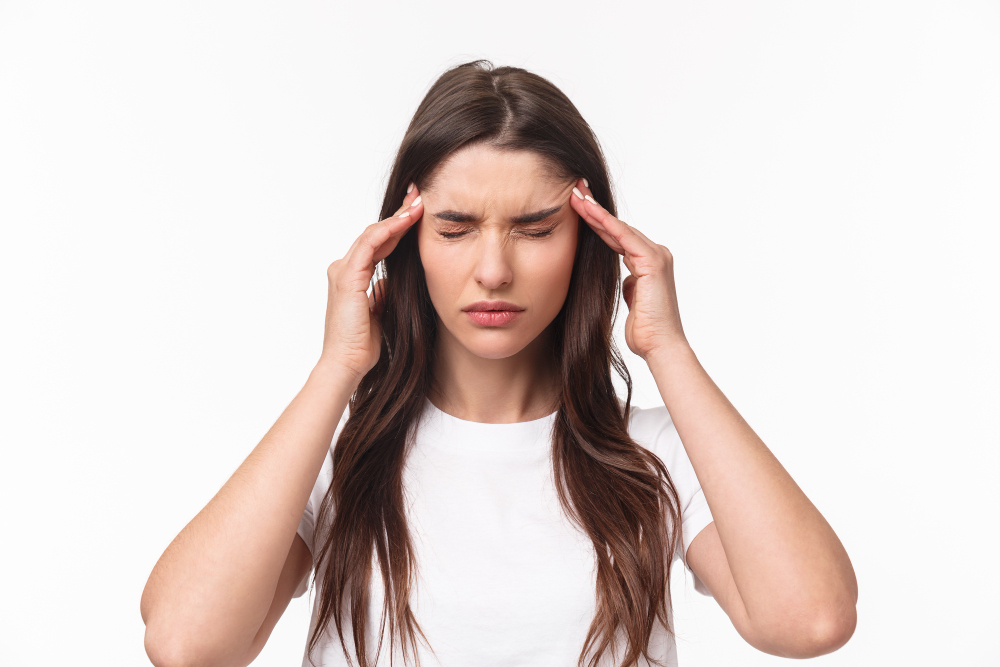Who Has Vertigo?
There are many organs responsible for maintaining balance in the human body. All the senses of the bones, inner ear and eyes are gathered in the brain and cerebellum to dissolve and balance.
A problem in any part of this multi-organ structure can completely upset the balance. For this reason, all these structures should be carefully examined in people who have problems such as imbalance or dizziness due to balance disorder. The main symptom of vertigo, which causes imbalance and is quite common, is vertigo.
Dizziness, which can reach rates that can make it difficult to negatively affect daily life with mild dizziness, is a balance disorder that affects 3 out of 100 people. In people with this disease, which is the specialty of ENT and neurology clinics, the cause of the impaired balance mechanism should be investigated and treated.
Dizziness is a health problem that develops as a result of the deterioration of the balance mechanism, usually due to an inner ear disease or some problems with the brain and cerebellum. The organs in the inner ear are among the structures that perform the most important tasks in providing control in the body. In addition to the hearing organs, the balance organs in the inner ear consist of 3 semicircular canals, also called labyrinths, and two sacs.
Under normal conditions, gravity moves back and forth through vesicles in healthy individuals; The rotational motion is sensed by the semicircular canals and from there signals are sent to the brain and cerebellum to compensate. In other words, this balance system aims to recognize the movements of the body and to provide the corresponding balance. When the person is still, the balancing organs of both ears send the same signals to the brain.
What are the Symptoms of Vertigo Disease?
The main symptom of vertigo is vertigo. Almost all people diagnosed with vertigo go to hospitals complaining of dizziness. However, some patients may experience other symptoms in addition to dizziness. Symptoms of vertigo include the following conditions:
- Hearing problems
- Nausea and vomiting
- Abnormal eye movements
- double vision
- tendency to sleep
- Consciousness disorders
Who Has Vertigo?
Because dizziness (Vertigo) is not a disease but a symptom of other diseases, it can be seen in every person and at any age. Considering this, although a specific age range cannot be given, it can be said that it is predominantly seen around the age of 20 to 60. When the frequency of male and female patients was examined, it was found that it was more common in females.


